If you’re a parent of a baby in diapers, then you probably have a lot going on in your mind right now. But let’s focus on an important aspect here. Babies use anywhere between 2,500 to 3,000 diapers in their first year alone. And hence the decision on making the right choice here truly matters.
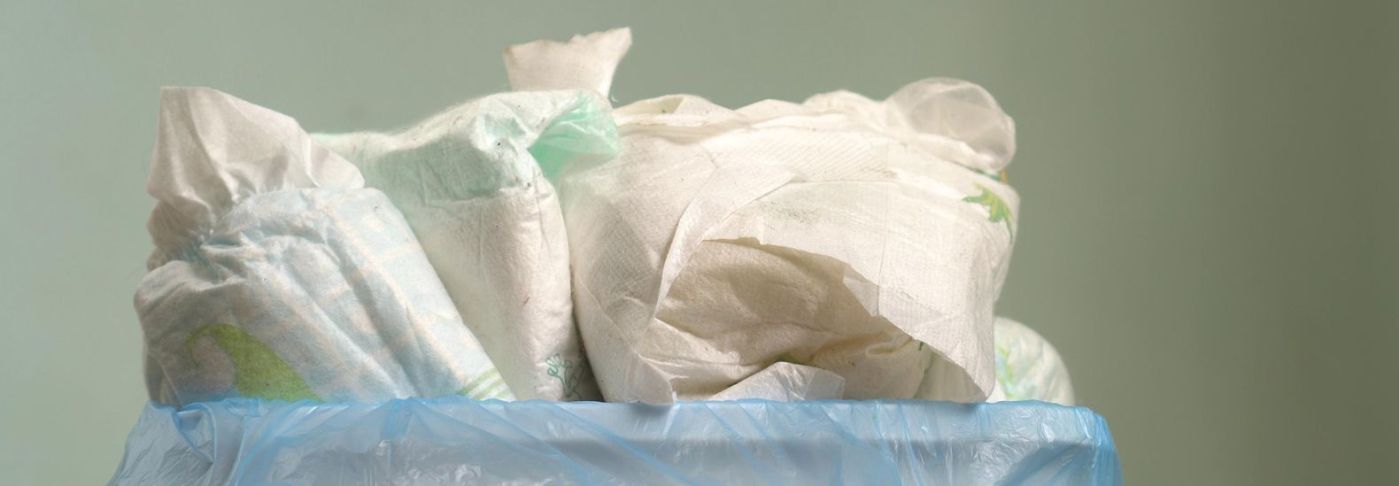
With the number of options today, making the right choice for your baby can be daunting. In the diaper category alone, there is so much terminology that is being thrown around to entice the new parent into making these purchases. Ever deep dived into what they really mean?
Are biodegradable diapers, actually eco-friendly? Bamboo or wood-pulp diapers, does that matter? Does the compostable claim hold true, can diapers really be composted?
Let us simplify this for you.
Are diapers biodegradable?
Unfortunately, most single-use diapers are not truly biodegradable. Biodegradable is when products are made from nature, and once disposed they can naturally breakdown and turn into soil. Diapers are usually made from various plastic ingredients, and plastic is not biodegradable. Ingredients of popular brands of diapers include: polypropylene/polyethylene, polyacrylate polymer, fluff pulp (derived from wood), polyester, thermoplastic polymers, petrolatum, stearyl alcohol and fragrance — and many of those ingredients are petroleum-derived. Single use diapers can actually take upto 500 years to decompose in a landfill!
What about those that claim to be biodegradable?
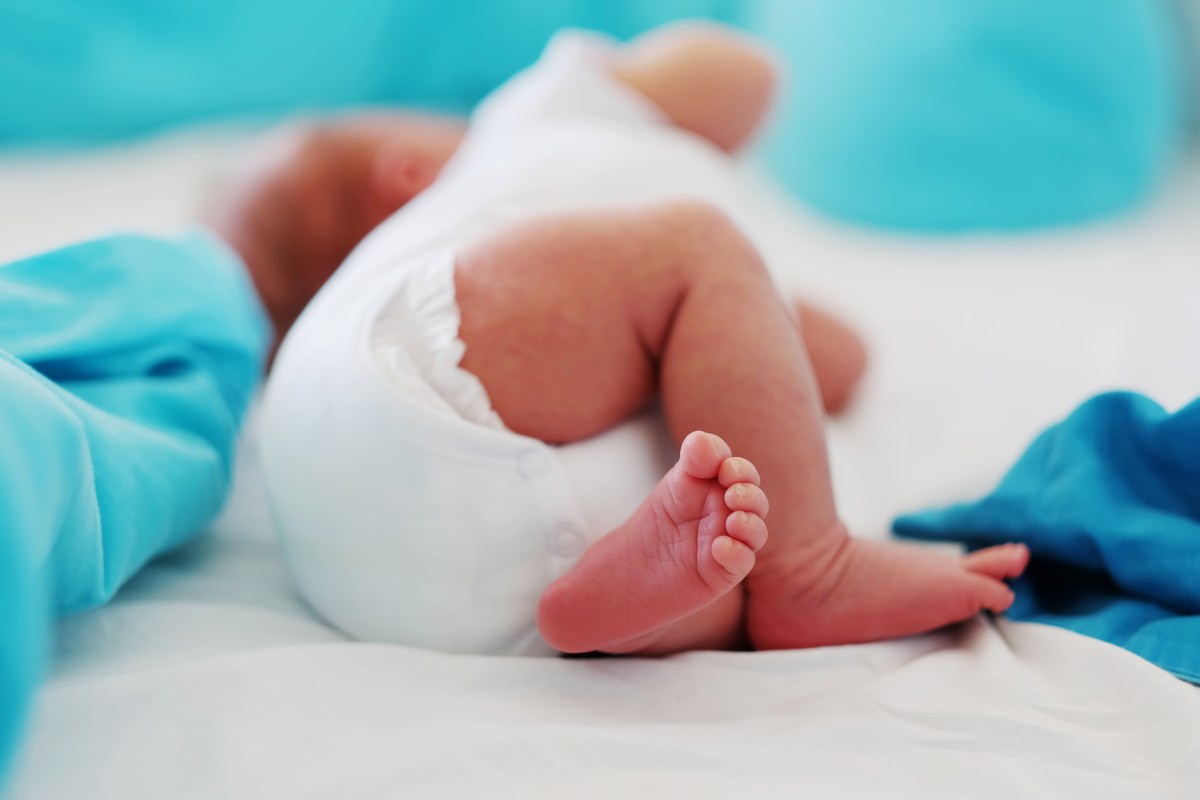
Generically speaking, a lot of diaper brands now claim to be biodegradable or compostable, they use more sustainable materials and production methodologies, making them a bit eco-friendlier. Let’s stress on the ‘a bit more’ only.
Unless these diapers are not sent to a composting facility, which most often, they are not, then these options are only slightly better than the regular diapers.
A few extra steps these brands take are basically using more sustainable materials like bamboo or wood-pulp, and are free of harsh chemicals and fragrances which are hypoallergenic.
Can biodegradable diapers be composted?
Well, the harsh reality is that most of these diapers that are marketed as biodegradable and eco-friendly cannot be composted. The claim basically means that only in commercial industrial compost settings, can these disintegrate. Not in your home compost pit.
That said, before any of these diapers are composted in an industrial setting, they still need to be torn apart by removing the elastics and tabs that are made of plastic. Only then can they disintegrate.
The right eco-friendly choice – Reusable diapers!
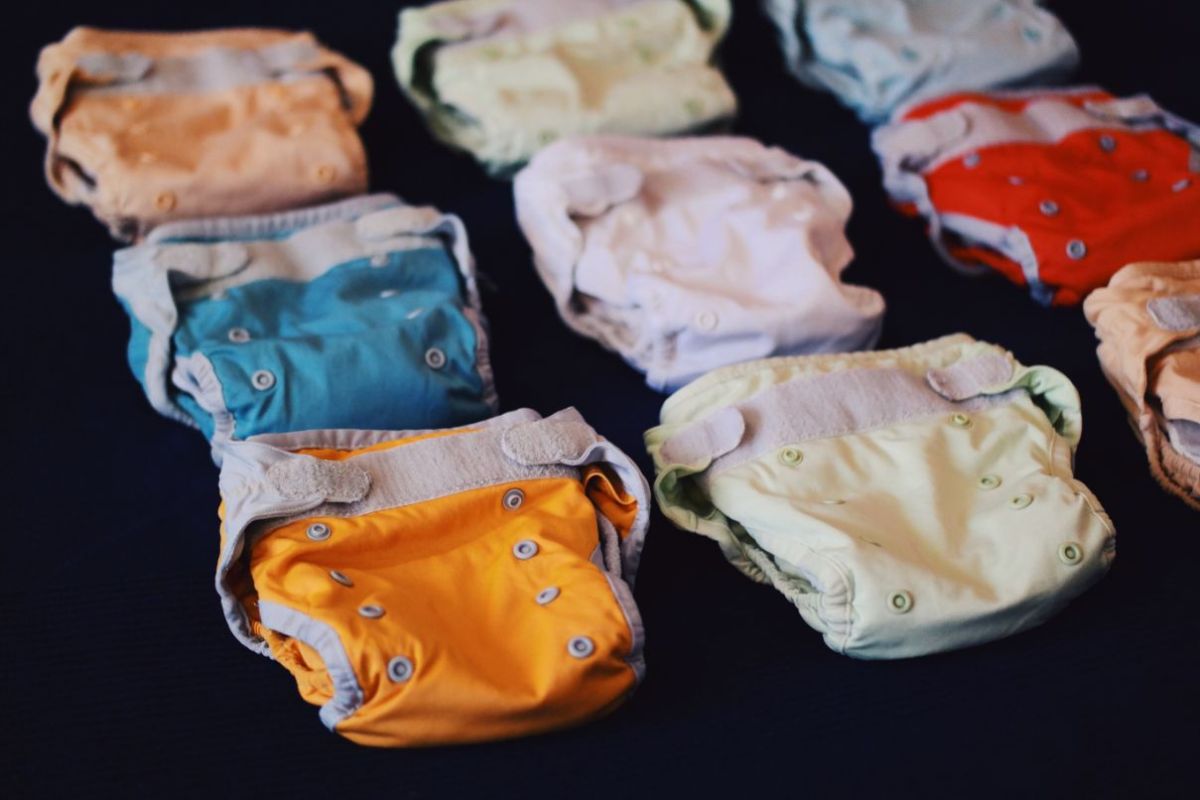
These are basically wash at home diapers that are made of cotton cloth materials. They contain no chemicals, perfumes or any sort of plastic. Chlorine can strip away a lot of good bacteria of the baby’s skin making it more vulnerable to dryness and skin irritations. Made of breathable materials, this option is not only good for the planet, but also your baby’s tender skin. This option helps you save so much money! And of course, there’s so much lesser garbage you’d be dumping in our environment!
The downside – water waste, that is caused by washing these diapers daily, but again, there is no perfect choice, and we as parents need to decided what could be better?
If re-usables are just not for you, then here’s a few brands we recommend that are potentially better for your baby and the planet that all the commercial ones available:
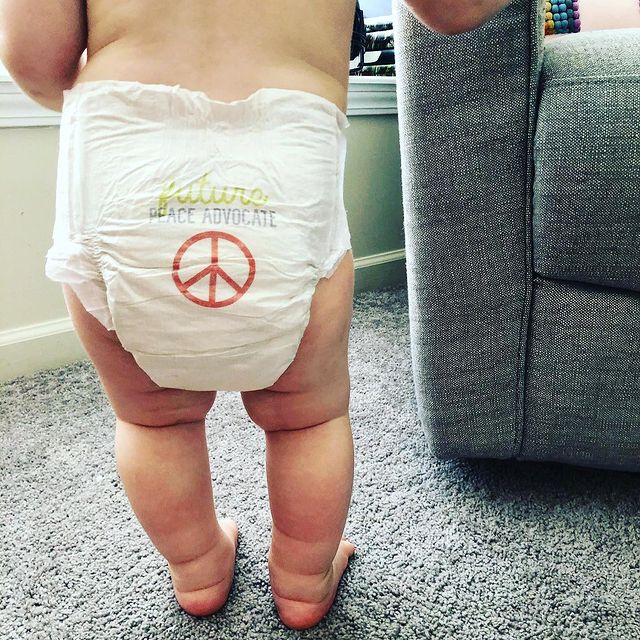
Seventh Genereration Diapers: Chlorine free, unbleached and made of FSC certified sustainably harvested plant-based pulp these diapers have an absorbent core with a flexible but snug diaper for any baby. Made from chlorine-free wood pulp and nontoxic absorbent gel, they’re also latex- and perfume-free, as well as hypoallergenic. They are also USDA Certified Biobased with 30 percent biobased ingredients.
PureBorn Diapers: These diapers are made of bamboo pulp which is not chlorine bleached. Made with soft materials on the inner and outer layer of the nappy which feels smooth against the baby’s delicate skin.
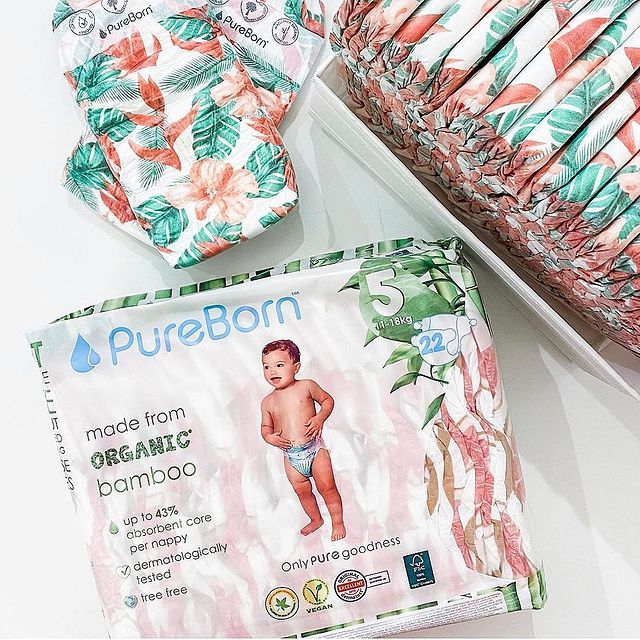
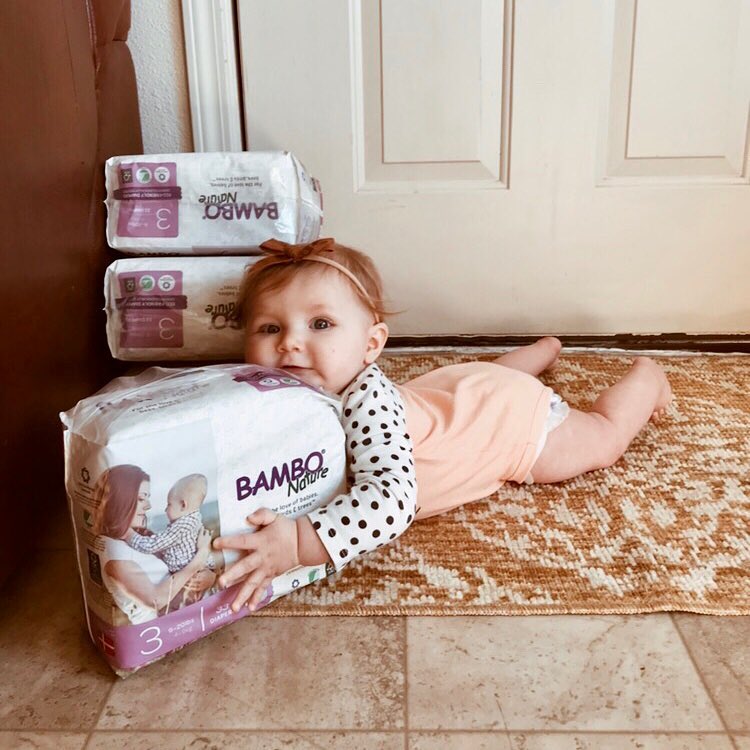
Bambo Nature Diapers: ABENA, the manufacturer of Bambo Nature products, voluntarily undergoes strict environmental inspections of our products, from raw material collection to production, consumption and waste. Certified eco-friendly, these diapers are perfume and paraben free.
Diapering your baby is a personal experience, and don’t let these choices confuse you. Read up on products, brands and their practices, and just think of how else you can make your baby’s lifestyle an eco-friendly one. Here’s a list of how you can modify choices for your baby, to be more planet friendly.
You’re not alone. Share your experiences, tips, tricks; post your questions or even challenge what we’ve written! Let’s build an eco-conscious community together!
Happy SHIFTING!
